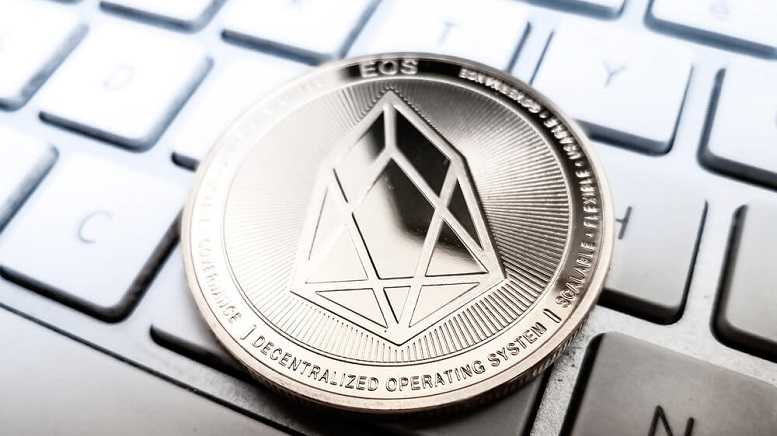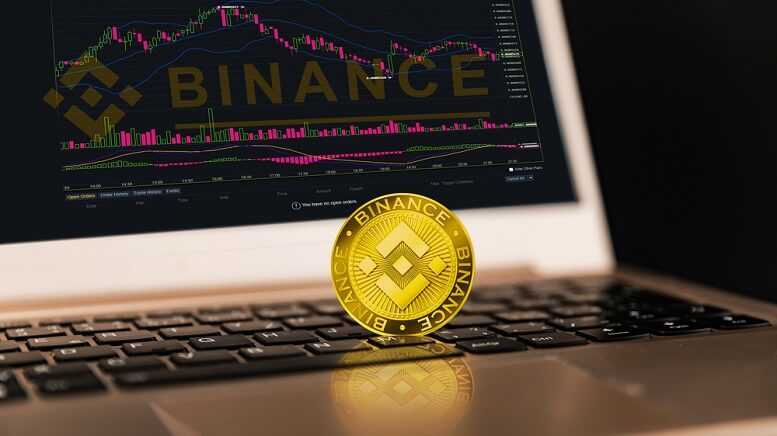BlackRock’s Bitcoin ETF: A Market Game Changer

BlackRock Inc. (NYSE:BLK) has made significant waves in the cryptocurrency market with its Bitcoin ETF, which has become the largest of its kind. This development has brought a new level of legitimacy and interest to the cryptocurrency space. The ETF’s success is attributed to a combination of institutional backing, favorable market conditions, and the growing mainstream acceptance of Bitcoin.
The ETF, which allows investors to gain exposure to Bitcoin without directly owning the cryptocurrency, has attracted substantial investment. This influx of funds has been driven by BlackRock’s reputation as the world’s largest asset manager, providing a level of trust and security that many investors seek when entering the volatile cryptocurrency market.
Another critical factor in the ETF’s success is the influence of social media and online communities. A prominent figure in this space is Keith Gill, also known as RoaringKitty. Gill gained widespread attention during the GameStop trading frenzy and has since turned his focus to cryptocurrencies, particularly meme coins. His endorsement and active promotion have played a significant role in driving interest and investment in BlackRock’s Bitcoin ETF.
Meme coins, which are cryptocurrencies based on internet memes, have surged in popularity and value. These coins, often perceived as jokes, have gained serious traction among retail investors, partly due to the viral nature of social media. The combination of meme coin mania and the credibility of BlackRock has created a perfect storm, propelling the Bitcoin ETF to new heights.
Institutional adoption of cryptocurrencies has been a crucial development for the market. BlackRock’s entry into the Bitcoin ETF space is seen as a major milestone, signaling that traditional financial institutions are increasingly embracing digital assets. This shift is expected to drive further mainstream adoption and integration of cryptocurrencies into the global financial system.
However, the rise of meme coins and their impact on serious financial instruments like ETFs also raises questions about market stability and investor behavior. While the excitement and potential for high returns attract many investors, the inherent volatility and speculative nature of meme coins pose significant risks.
Regulatory scrutiny is another aspect that cannot be ignored. As cryptocurrencies gain prominence, regulatory bodies worldwide are paying closer attention. The success of BlackRock’s Bitcoin ETF could prompt more stringent regulations aimed at ensuring market stability and protecting investors. This could impact the ETF’s performance and the broader cryptocurrency market.
In conclusion, BlackRock’s Bitcoin ETF has emerged as a dominant force in the cryptocurrency market, driven by a combination of institutional credibility, social media influence, and the rise of meme coins. While this development marks a significant step towards mainstream adoption of digital assets, it also highlights the need for careful consideration of market dynamics and regulatory implications.
Footnotes:
Featured Image: depositphotos @ ilolab 2



